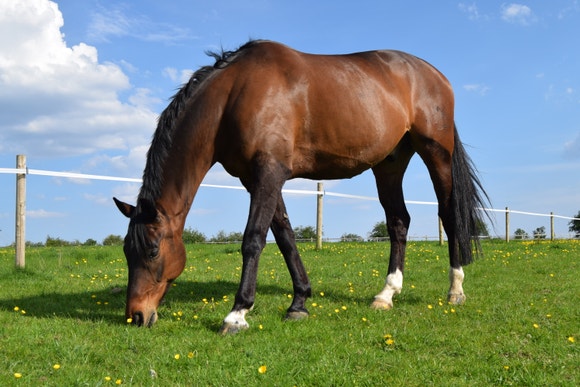Enhancing Wellbeing Through Nutrition: Why getting a balanced diet is your horse’s superpower!
When it comes to feeding your horse, the significance of a balanced diet should not be underestimated. When horses are receiving the nutrients they need it not only helps to ensure optimal health but also helps them perform better. While managing calorie intake is essential for weight management, it is crucial to maintain a balance of essential nutrients to support the horse's long-term wellbeing. This blog explores the importance of a balanced diet for horses, whether your horse needs more calories (energy) or holds their weight well on a balancer alone, to make sure they’re getting what they need to stay healthy, whether competing and training or not.

Forage Alone Isn’t Enough!
Forage should always be the foundation of a horse’s diet (unless they have dental issues), but even when plentiful it may not provide all the essential nutrients required to provide a balanced diet. For horses on a calorie-restricted diet - those with restricted grazing, eating lower nutritional value forage, soaked hay, or straw as partial replacements for hay or haylage - these management strategies may further decrease the intake in key nutrients such as copper, zinc, selenium, vitamin E, and lysine. Essential nutrients are vital for general health and good bodily function, including formation of good skin and hoof quality, support of a strong immune system and optimum muscle development, function and repair. With correct feeding plans in place, weight management does not need to come at the expense of essential nutrients.

The Role of Vitamin E and Antioxidants
Vitamin E is a powerful antioxidant essential for muscle and immune health. While green pasture can provide sufficient vitamin E for rest or light work, levels in hay and haylage are often very low.. Antioxidants like vitamin E help prevent cell damage caused by free radicals, which are produced during oxygen use in cells. A deficiency in antioxidants may lead to oxidative stress and cell damage, impacting the horse's performance. Quality balancers and performance feeds provide higher levels to ensure the increased requirements for working horses are met.
Importance of Vitamin A
Vitamin A, derived from beta-carotene in forage, is crucial for maintaining healthy vision, skin, and immune function. However, hay and haylage lose a significant amount of beta-carotene during harvest and storage, making it unreliable for meeting vitamin A requirements. Horses with access to grazing are less likely to be deficient, but supplementation may be necessary for those on limited grazing.
Essential Minerals: Zinc, Copper, and Selenium
Even with unrestricted grazing, horses may not receive adequate amounts of zinc, copper, and selenium. These minerals play vital roles in various physiological processes, including hoof growth, enzyme function and antioxidant defence. Balancers or multivitamin supplements can help bridge the gap between nutrient intake (from forage) and requirements, ensuring horses receive the necessary minerals for optimal health.
Avoiding Added Iron
Iron deficiency is rare in horses and excess intake can be harmful. UK forage typically exceeds iron requirements, even in restricted diets so try to avoid products with added iron.

Protein: Quality Matters!
Protein quality is just as important as quantity. Proteins are composed of amino acids, with lysine being particularly important. Lysine is essential as it cannot be synthesized by the body and must be supplied by the diet. It plays a significant role in muscle development, function, and repair. A deficiency in lysine can limit protein synthesis, affecting muscle health and overall performance.
Balancers: The Low-Calorie Solution to Nutrient Deficiency
Balancers are nutrient-dense feeds designed to provide a concentrated supply of vitamins, minerals, and amino acids in small daily portions. They are ideal for horses who maintain weight easily on forage (and grazing) alone, and contribute minimal calories, starch, and sugar to the diet, making them suitable for good doers, fizzy or anxious horses. They may also include added functional ingredients like probiotics for digestive support or glucosamine for joint health. Pelleted balancers can be fed alone, whereas powdered multivitamin supplements need to be mixed into another feed which may be less convenient. Balancers also tend to supply far more amino acids often making them more appropriate for working horses and those on calorie restricted diets or poor-quality grazing than powdered alternatives. For horses regularly competing, travelling and training SPILLERS Original Balancer supplies enhanced nutrition for their elevated requirements.
Cubes & other compounds feeds
For horses who need more calories (energy) than a balancer alone supplies, cubes, mixes, mashes and fibres may all be great additions to the bucket. For some horses, simply adding a high calorie chaff such as SPILLERS Alfalfa-Pro Fibre or some SPILLERS Perform & Restore Mash alongside the balancer, is a great way of providing extra calories without needing to feed them a full ration of a compound feed.
Typically, a cube, mix, mash or chaff (which have vitamins and minerals included) has a 3kg per day feeding rate to ensure a nutritionally balanced diet for a 500kg horse. Practically this recommendation could be ½ a Stubbs scoop of SPILLERS Stamina+ Cubes along with a Stubbs scoop of SPILLERS Conditioning Fibre twice per day. Some horses may require 4-5kgs per day of a conditioning or performance feed if they’re naturally a lighter type, poor doer or working very hard. If so, keep meal sizes small, no more than 2kgs per meal (less for ponies) which may mean you need to feed three meals per day.

Did you know?
A typical daily ration of balancer (500g for a 500kg horse) provides approximately 4.5-6 MJ DE* per day compared to 33-37 MJ DE* from performance mixes or cubes (3kgs). This makes balancers a more suitable option for horses who require nutrients without excess calories. For horses who need a calorie intake somewhere in the middle to maintain a healthy weight, it may be best to feed half a portion of cubes/chaff/mashes/mixes alongside half a portion of balancer or similar.
*MJ DE = Mega Joules of Digestible Energy (commonly referred to as calories).
It’s all about the nutrients!
A balanced diet will help to bring out the best in your horse, from a gleaming shine to stronger hooves and supporting their best performance. Balancers provide an ideal solution for supplying nutrients without supplying unwanted calories for good doers who don’t need larger meals. If you’re unsure which type of diet may suit your horse best or have gone down the rabbit hole of overcomplicating your horses feed, then SPILLERS’ friendly team of nutrition specialists are on hand to help. Call our Care-Line today on 01908 226622 or fill in the nutrition enquiry form here!
